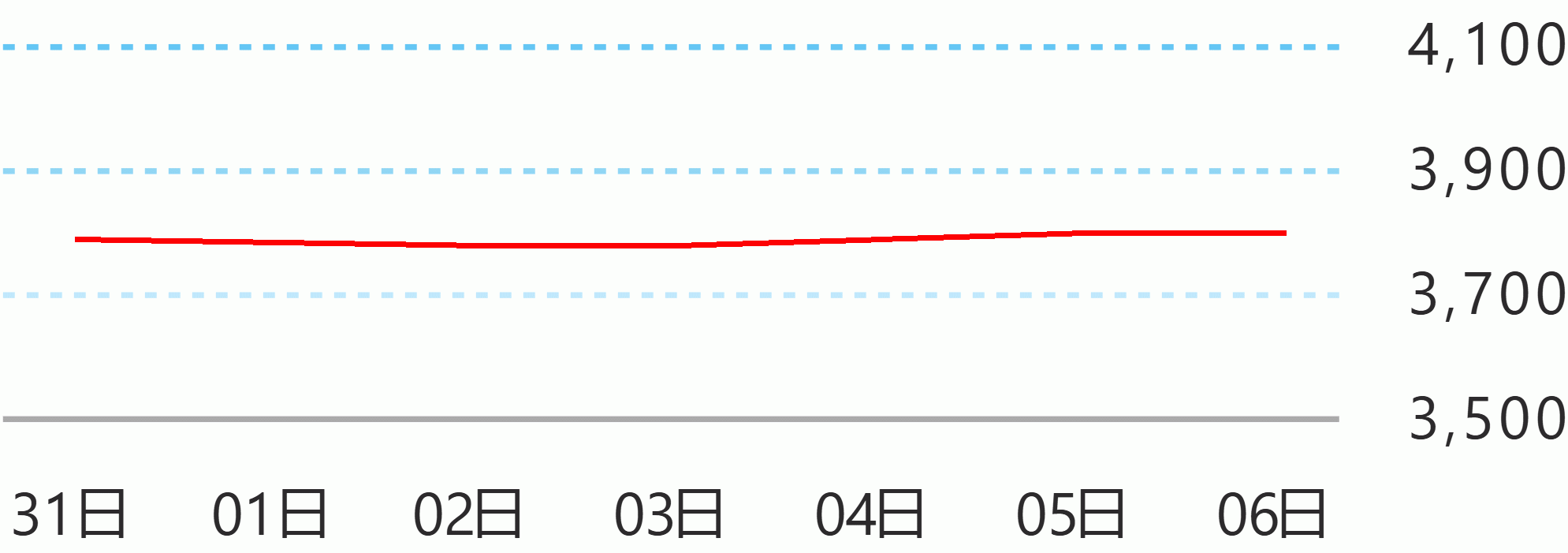The Philippine economy may contract by 1.9 percent this year amid the coronavirus disease pandemic and other "shocks" that hit the country early this year, the World Bank said on Tuesday.
In a video conference during the launch of the Philippines Economic Update Braving the New Normal report, Achim Fock, acting country director for Brunei, Malaysia, Philippines and Thailand, said almost six months have passed and yet the Philippines is still reeling from a series of shocks, such as earthquakes in Mindanao, Taal Volcano eruption, and the "most devastating," the COVID-19 outbreak.
"We are half-way through 2020 but we know that these shocks have caused severe disruptions in manufacturing, agriculture, tourism, construction, trade and our whole way of life," he said.
"The cumulative impact has been broad-based, steep, and deep, halting investment activity, and leading to the lowest consumption growth in three decades," he added.
Rong Qian, World Bank senior economist, said a series of unforeseen events caused an abrupt halt to the Philippines' strong growth momentum in early 2020.
She said the Philippine economy is expected to contract by 1.9 percent in 2020.
The World Bank's forecast is slightly better than the Philippine government's projection of -3.4 percent to -2 percent this year.
In the World Bank Global Economic Prospects, it said "Among the major economies, the largest downward recisions for 2020 are in Malaysia, the Philippines, and Thailand."
"This reflects the significant impact of domestic lockdown measures, as well as impact from reduced tourism, disruption of trade and manufacturing sector, the spillover from financial markets, and lower commodity prices in Malaysia."
But the same World Bank report projects the Philippine economy to recover to 6.2 percent next year.
"Following a recession in 2020, the Philippine economy is expected to recover gradually in the medium term mirroring the global outlook," Rong said.
The World Bank pushed for the "digitalization" in the Philippines, citing that it "lags behind" its neighboring countries.
"Supportive policies will be crucial for economic recovery under the new normal, especially on improving digital infrastructure to ensure resilience and affordable internet services," Rong said. Celerina Monte/DMS





 English
English









